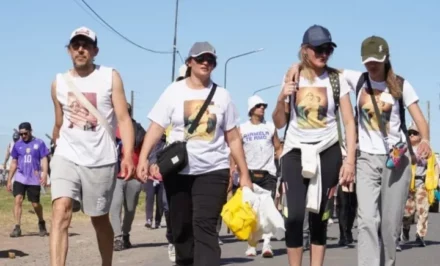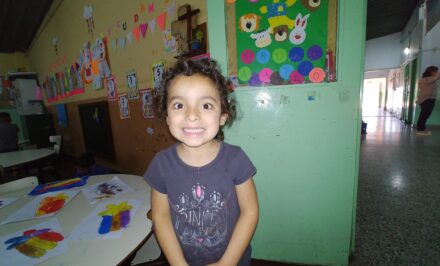
FRANCIS IN ROME, VIS. On Thursday 27 November, Pope Francis received the participants of the Second International Pastoral Congress on the World’s Big Cities, celebrated in Barcelona (Spain) on 24-26 November, at the Consistory Hall of the Apostolic Palace. The Holy Father took advantage of the occasion to provide deeper insight into the four challenges and possible horizons for urban pastoral work, “the places where God has called us and the aspects to which I believe we should be paying special attention.”
Implement a change in pastoral mentality
Firstly, he mentioned the need to “implement a change in our pastoral mentality”. We are no longer in the era “in which the Church was the sole point of reference for culture”. Previously, “as an authentic teacher, she was aware of her responsibility to outline and impose not only cultural forms but also values”.
“Today we are no longer the only producers of culture, nor are we the first or the most listened to. We therefore need to change our pastoral mentality, but not create a ‘relativist pastoral’”, that in its wish to be part of the “cultural mix”, loses its evangelical perspective, leaving humanity to its own devices and freed from God’s hand. No, this is the path of relativism, the easy route. This cannot be considered pastoral ministry! Whoever acts in way is not truly interested in man, but instead leaves him to the mercy of two equally grave dangers: concealing both Jesus, and the truth of man himself – a way that leads humanity to solitude and death. Therefore, “we need to have the courage to carry out an evangelising pastoral ministry, bold and without fear, because men, women, families and the various groups that inhabit the city expect it from us, and need the Good News that is Jesus and his Gospel in their lives”.
Dialogue with multiculturality
As a second challenge, he emphasised “dialogue with multiculturality” and the need for pastoral dialogue without relativism, that does not negotiate its own Christian identity, but instead seeks to reach the heart of others, including those who are different to us, and to sow the Gospel there. “We need a contemplative attitude that does not deny the contribution of the different sciences in understanding the urban phenomenon, but seeks to discover the foundation of cultures, that in their deepest core are always open to and thirst for God”.
To face this challenge, Francis underlined that it would help us greatly to know the “invisible cities, the groups or human territories that are identified by their symbols, languages, rites and ways of narrating life.”
The religiosity of the people
“The religiosity of the people” was the third point he focused on. “We must discover, in the religiosity of our populations, the authentic religious substratum, that in many cases is Christian and Catholic. We must not negate or look down on this experience of God that, although at times is dispersed or mixed with other things, needs to be discovered and not constructed. There we find the seeds of the Word sown by the Spirit of the Lord”.
Migrants and the poor
The Pope also commented on the many migrants and the poor who fill our cities, “pilgrims of life, in search of salvation”, who pose a “dual challenge”: being hospitable to the poor and migrants, which is not normally the case in the city where they are pushed away, and increasing their faith. The topic of “the urban poor”, the fourth point with which the Holy Father concluded his reflection, are excluded and discarded. “The Church cannot ignore their cry, nor can she enter into the game of unjust, mean-spirited and self-serving systems that seek to make them invisible”.
The Pope proposed two ways of dealing with these challenges:
- Reach out to encounter God who lives in the cities and in the poor to facilitate the encounter between people and God,
- Work towards a Samaritan Church, “with concrete witness of mercy and tenderness that is present in the existential and poor peripheries, by acting directly on the social subconscious and producing guidance and meaning for city life”.
Has the time come for the Schoenstatt Shrines in the big cities?
Adaptation of VIS translation by Sarah-Leah Pimentel














